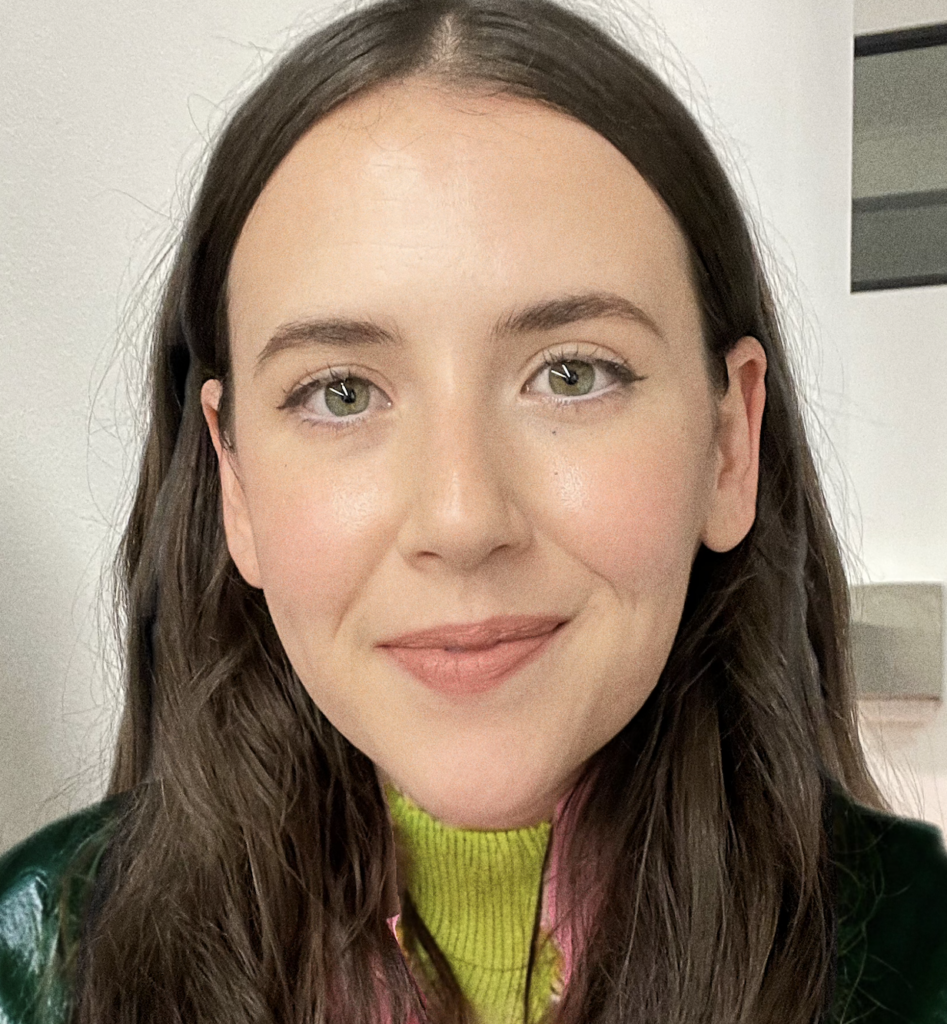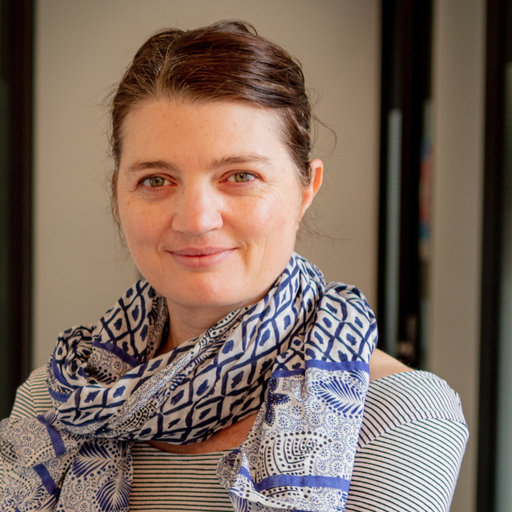About
Have you had experiences of casual sex with men? Are you a woman who would like to share your experiences of sex, consent and pleasure?
Several years on from the height of the #MeToo campaign there has been a lot of discussion about sexual consent in Australia. With new consent laws and mandatory consent education in Australian schools, ‘affirmative consent’ is the new norm.
But have these shifts changed how women experience sexual pleasure?
In this study, we want to understand how women are navigating this topic within their own sexual experiences. Researchers at La Trobe University are conducting a study interviewing women on their experiences of pleasure, consent, and wellbeing within their casual sex relationships with men. This important research aims to better comprehend how consent education can be understood in more holistic ways that honour the complexities of sexual enjoyment.
Participants will be reimbursed for their time with a $50 gift voucher.
Interested in participating in this study?
Miranda Millen – First Place Winner of the Visualise Your Thesis (VYT) Competition 2023
Navigating Consent Discourse in a Post #MeToo Era: Women’s Experiences of Consent Pleasure and Wellbeing
Meet the Project Team

Miranda Millen (she/her)
PhD Candidate
Australian Research Centre in Sex, Health and Society (ARCSHS)
Miranda Millen is a PhD candidate at the Australian Research Centre in Sex, Health and Society (ARCSHS). Her work explores how gendered narratives of victim-blaming and slut-shaming impact women’s experiences navigating sexual consent, pleasure and wellbeing.
In 2023, Miranda achieved recognition as the 1st Place winner in La Trobe University’s Visualise Your Thesis Competition, showcasing her commitment to effectively communicate complex research to a general audience. That same year, she also secured the 2023 People’s Choice Award in the Three Minute Thesis Competition at La Trobe University.

Dr Jennifer Power (she/her)
Associate Professor
Australian Research Centre in Sex, Health and Society (ARCSHS)
Jennifer is a sociologist who specialises in research related to sexuality and sexual health. Her research is focused on the social and political dimensions of sexual health and sexuality, particularly the relationship between marginalisation and well being.
Jennifer is experienced in design and implementation of large, complex studies using qualitative and quantitative methodologies.

Dr Alexandra James (she/her)
Research Fellow
Australian Research Centre in Sex, Health and Society (ARCSHS)
Dr Alexandra James BA(Hons), BCom is a post-doctoral researcher at the Australian Research Centre in Sex, Health and Society, La Trobe University. She is a sociologist specialising in areas of gender and sexuality studies, human-technological interaction, and public health. Her PhD research, completed at Monash University in 2018, focused on young Australian women’s perceptions of genital fashioning practices. She was recipient of The Australian Sociological Association Honours Award in 2013 and The Australian Sociological Association Award for the Most Distinguished Peer-Reviewed Article Published by an Early Career Researcher in 2022. Working with Women’s Health Victoria, she was lead author of the report “I Never Realised They Were So Different”: Understanding the Impact of the Labia Library.
Background
Since #MeToo, discussions on sexual assault and consent have been a hot topic both in media and in public debates. Recent legislation on consent laws and the implementation of mandatory consent education in all Australian schools highlight a shift in Australia recognising the importance of understanding consent.
‘Affirmative consent’ emphasises the need for attaining consent in ways that are active and explicit, this could look like a verbal “yes” to sex, a physical gesture, or removing one’s clothes. A shift to ‘affirmative consent’ practices aims to reframe how we think about sex from something unspoken or assumed to something that is requested and negotiated. Most notably, this change shifts the responsibility of sexual assault victim-survivors in having to prove they said “no” to perpetrators needing to prove that they received a clear and enthusiastic “yes”.
While this change is an important step forward, sex is more complicated than we like to think. ‘Affirmative consent’ often centres on women’s ability to express their desires openly and confidently. For some, this may be easy, but for others, this may pose a challenge, particularly when slut-shaming and victim-blaming narratives continue to shame women for having sexual desires in the first place. Scholarly research on women’s sexual experiences reveals practices such as faking orgasms, engaging in consensual yet unwanted sex, and using sex as a means to mitigate risk or violence. These practices indicate that simply saying “yes” to sex may not always reflect genuine sexual desire or willingness. Consequently, women may find themselves in a double bind; where consent discourse asks women to know and assert what they want, but the culture we live in makes it difficult to put that into practice.
These complexities associated with sex and consent signal a need for further research. There is a significant body of research about women and consent in the context of sexual violence, but what about consent and its relationship to pleasure? What are the factors that allow women to say “yes”, let go, and have a good time? What do we need to know to understand ‘affirmative consent’ in more holistic ways that honour the complexities of sex? This project aims to fill a gap in research that examines how women navigate consent within their casual sexual relationships with men, and to what end they experience pleasure and a sense of sexual wellbeing.
Key Takeaways
- The #MeToo campaign has brought sexual assault and consent to the forefront of public and media discussions.
- As a result of mandated affirmative consent laws, consent now requires a clear, active, and explicit agreement. This is an important shift, but women may struggle to express desires confidently due to gendered narratives like slut-shaming and victim-blaming, which complicate the practice of affirmative consent.
- This research aims to address a gap in understanding how women are experiencing consent and pleasure, particularly in casual sexual relationships with men.
- The findings of this study can inform public policies and education regarding sex and consent.
- Through one-on-one or focus group interviews, participants of this study will have a unique opportunity to share their personal sexual experiences. Their voices will contribute to valuable research in Australia.

Further Reading
Angel, K. (2022). Tomorrow Sex Will Be Good Again: Women and Desire in the Age of Consent. New York: Verso Books.
Affirmative Consent Model Now Law In Victoria | Premier of Victoria. (n.d.). Retrieved December 20, 2023, from http://www.premier.vic.gov.au/affirmative-consent-model-now-law-victoria
Bay-Cheng, L. Y., & Eliseo-Arras, R. K. (2008). The Making of Unwanted Sex: Gendered and Neoliberal Norms in College Women’s Unwanted Sexual Experiences. The Journal of Sex Research, 45(4), 386–397.
Bay-Cheng, L. Y. (2019). Agency Is Everywhere, but Agency Is Not Enough: A Conceptual Analysis of Young Women’s Sexual Agency. The Journal of Sex Research, 56(4-5), 462–474. https://doi.org/10.1080/00224499.2019.1578330
Elias, M. (2022, February 17). Consent Education Will Be Mandatory Across Australian Schools from Next Year. SBS News. Retrieved from https://www.sbs.com.au/news/the-feed/article/consent-education-will-be-mandatory-across-australian-schools-from-next-year/796phsvlm
Farvid, P., & Braun, V. (2018). “You Worry, ‘cause You Want to Give a Reasonable Account of Yourself”: Gender, Identity Management, and the Discursive Positioning of “Risk” in Men’s and Women’s Talk About Heterosexual Casual Sex. Archives of Sexual Behavior, 47(5), 1405–1421. https://doi.org/10.1007/s10508-017-1124-0
Stelzl, M., & Lafrance, M. N. (2021). “Damned if you do, damned if you don’t”: Women’s accounts of feigning sexual pleasure. Feminism & Psychology, 31(3), 385–403. https://doi.org/10.1177/0959353520963967
Tolman, D. L. (2005). Dilemmas of Desire: Teenage Girls Talk Sexuality. Cambridge, USA: Harvard University Press.